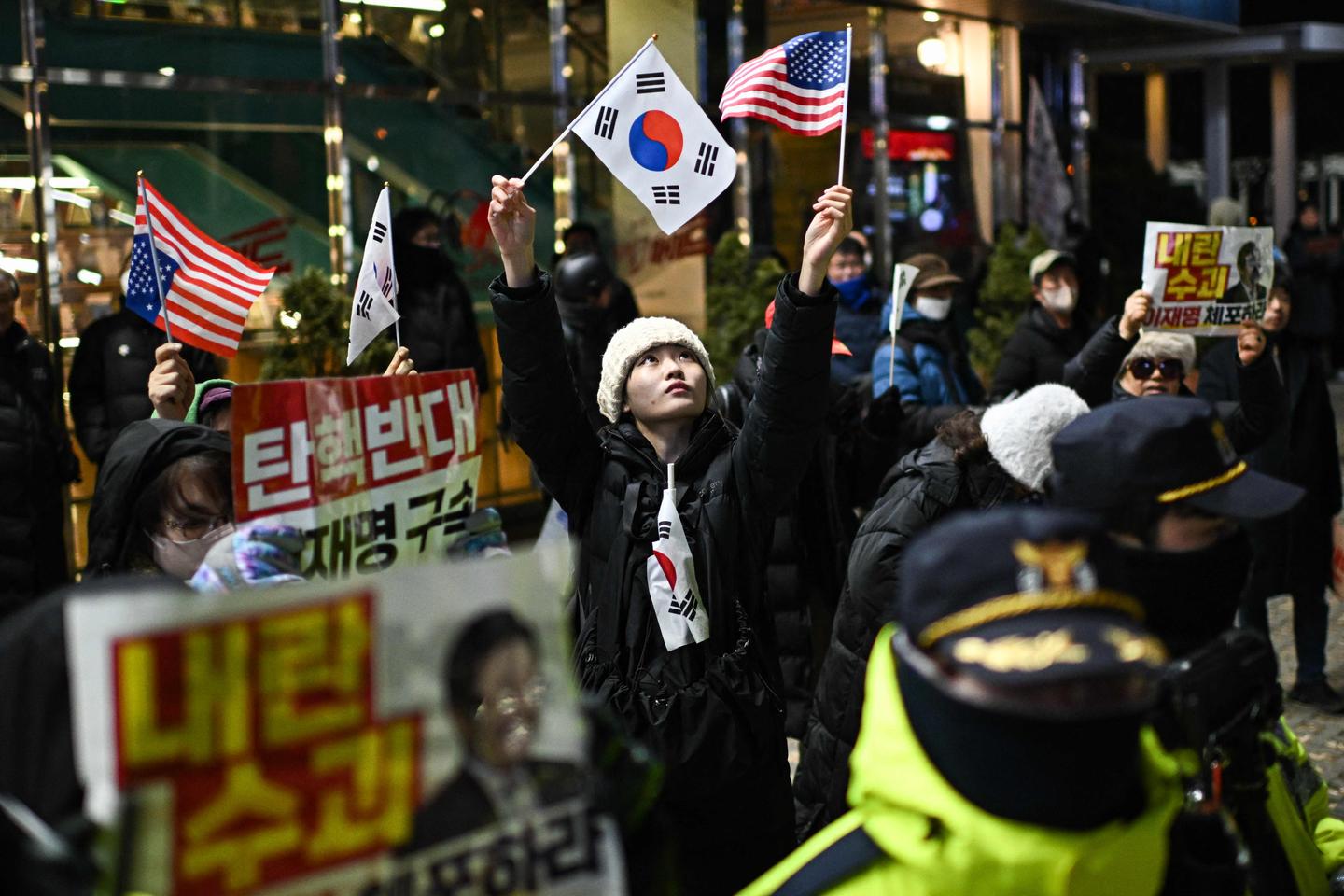


A month after conservative president Yoon Suk Yeol declared martial law, the political crisis in South Korea continues. The massive mobilization of a population attached to democratic values has resulted in the leader's removal from office, pending validation by the Constitutional Court. This profound crisis illustrates the excesses of a polarized political culture marked by an imbalance of power, with an overly powerful president.
"In recent political cycles, revenge against opponents has become a major feature of South Korean politics," analyzes Sun Ryung-park and Yves Tiberghien of the University of British Columbia. "This phenomenon, combined with the discontent that followed the Covid-19 pandemic and rising inequality, has made political polarization particularly toxic. Each side is locked in a bubble on social media and sees the other as an existential threat."
Society is riven by conflicts between generations, between men and women, between rich and poor, but also between regional origins. In the 2022 presidential election, Yoon won after a particularly poisonous campaign, benefiting from the support of young men angry at the rise of feminism and a rejection of the economic policies of his predecessor, the progressive Moon Jae-in. The left is more than ever accused of complicity with North Korea – this was the argument used by Yoon to justify martial law. Meanwhile, the right is reproached for a certain benevolence towards past dictatorships and revisionist positions on Japanese colonization (1910-1945).
'De facto king'
"With a one-round presidential election, the winner takes all, which accentuates bipolarization," observes Kim Dong-yeon, the Democratic governor of Gyeonggi province. "Our country elects one-term presidents who are de facto kings, because their powers are so great. Then the king is killed (politically speaking) and a new one is elected five years later," adds Jeong Nam-ku, editor-in-chief of the center-left daily Hankyoreh. Targeted by investigations commissioned by their successors, most end up in prison.
You have 61.58% of this article left to read. The rest is for subscribers only.
